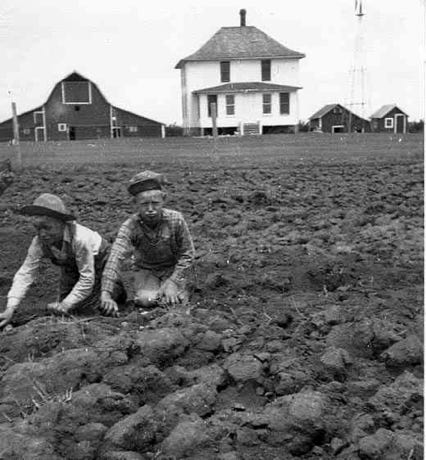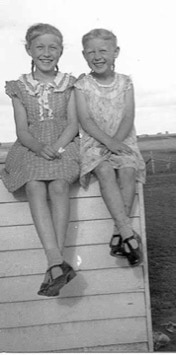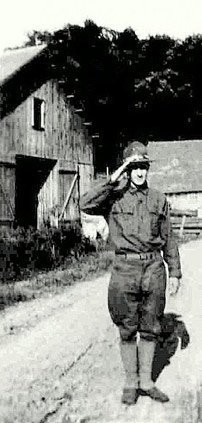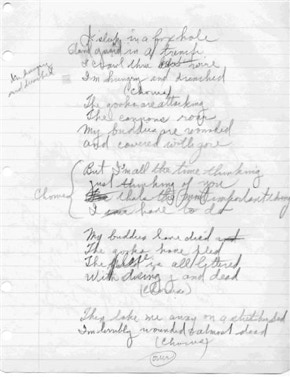If you have the time to learn and perfect skills for interviewing, recording and audio and video editing, I encourage you to do so. It's very interesting work! If you want to get it done right, the first time, let me help.
It really is important not to wait - while you procrastinate, memories fade, lives end, and stories are lost forever.
Your prices seem high - why does it cost so much?
Frequently Asked Questions
Can I do this myself and save some money?
Yes! If you don't use my services or those of another professional, then I hope you do it on your own. Your stories, or the stories of your family members are too important to lose.
However, here is why you should consider using my services:
Acquiring the skills, processes and equipment to create high quality productions takes considerable time and effort. I have invested tens of thousands of dollars in recording, editing and production equipment and software. I've spent countless hours gaining proficiency with the equipment and process. I think you'll agree that my work is much better than what you'll get from a simple handheld recorder and basic editing.
A skilled interviewer who is not a close friend or family member is also a critical element in obtaining good stories that future generations will appreciate and understand.
For example, if you are interviewing your mother or grandmother, and she makes reference to "crazy Aunt Edna", both of you know what is meant because you know Aunt Edna, and there is no reason to explain. However, a listener 10 or 20 years from now will have no idea what "crazy" means.
When I have the conversation with your mother or grandmother, they will naturally be compelled to explain why Aunt Edna is "crazy." Among other roles, I am a stand-in for the future listener. So do yourself, future generations, and Aunt Edna a favor! Make sure we know she's crazy in a good way.
This is my grandfather. He served in WWI. Below is a page from the notebook he carried with him to war. It's a poem he wrote that reveals some of the horrors of trench warfare that he experienced.
To have his recorded voice reading this would be incredibly valuable to our family. It could have been done in the early 1970's, but it wasn't.
Yes, my prices may seem high, but like everything else in life, you get what you pay for. I want the final production to be both an accurate recording of the stories told, but also enjoyable for listening and viewing.
How long does it take to prepare the interview outline?
After the interviews are over, I arrange the stories in a logical order and break up the recording into tracks that are titled and easy to access. I listen to every word, and edit out pauses, stumbles, coughs and distracting background sounds. I may add light music transitions between some of the stories, and I carefully optimize the final sound files for best audio quality.
For video, much of the work involves adding photos or home movies to a story. Finally, I design disc or flash drive box inserts that serve as a printed project and track guide. All of this takes a lot of time - at least 3 - 8 hours of additional work for each hour of interview.
Also, I won't be shy in saying it: This is my job. It is how I support my family and make a living, and I need to make enough money to do so. I think the final production you receive is worth the price. If you don't agree with my price when you receive your final production, I'll refund what you think is fair.
This is a short exercise, maybe just an hour or two, but it all depends on the person. You may be bursting with stories and detail, but it's still important to put some structure to the stories so that the listener, now or years later, can put it into context.
At the very least, outline your life based on time periods, events or geography. The interview outline I send to you will make this easy.
They look like they're hard at work, but these are two of my wife's uncles playing tractors in the mud.
Neither of them grew up to be farmers, but one of them loves to look at, and buy old tractors.

Many people don't know where to start. Some believe they have nothing important to say. That is never true! What sounds mundane to you are what others often find the most fascinating. Is using an outhouse in the winter exciting? No - but your grandchildren need to hear about it! What did you eat? What did your house look like? How much money did you have, and on what things did you spend it? Only 10 cents to go to a movie! The interview guide will be full of questions that will help you remember.
Regardless of your approach to outlining your stories, please don't create anything more than a broad outline. Your stories will be much more compelling to the listener if you tell them conversationally. If you recite from detailed notes, it's going to sound just as boring as the lectures you had to sit through with your old history teacher in high school. Unless, of course, you were a high school history teacher. I’m sure your lectures were fascinating!
I don't like the way my voice sounds, and I don't like using a microphone.
First, it's your voice! It's what everyone hears, and you'll sound no different to others on the recording. Everyone is surprised that their own voice sounds different to others than it does to themselves.
As far as the microphone, it is small and unobtrusive - wither a simple clip-on mic that you'll soon forget about, or a microphone mounted on a stand just above your head. Most people are very conscious of the microphone for the first 5 - 10 minutes, then they almost completely forget about it.
That's my mother-in-law, on the right.
As you might suspect, she's 100% Norwegian.
You can't find lefse any better than what she makes.


